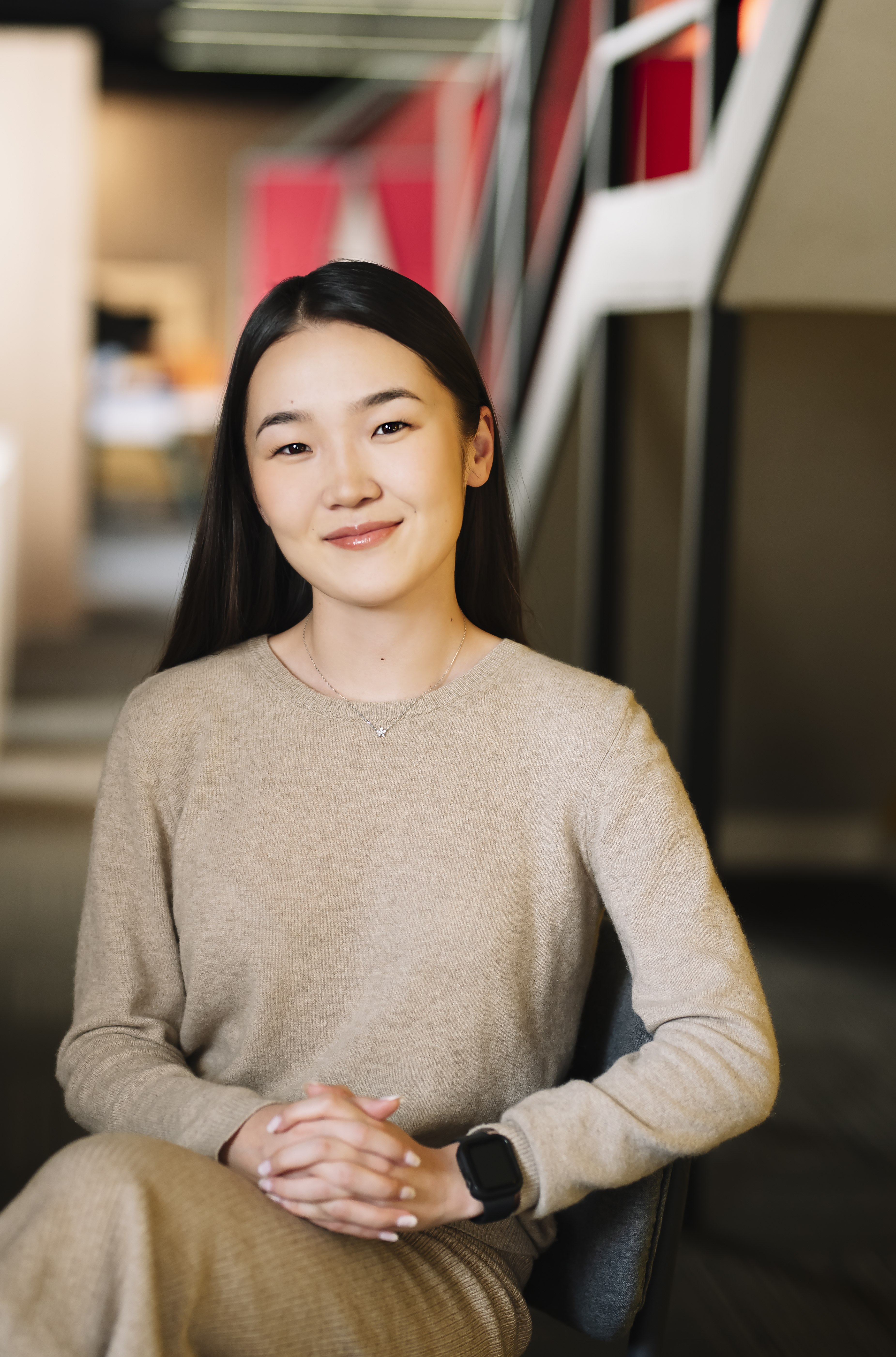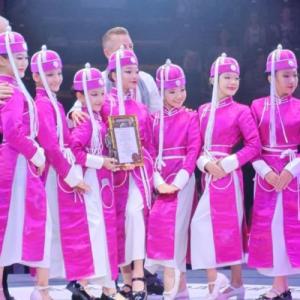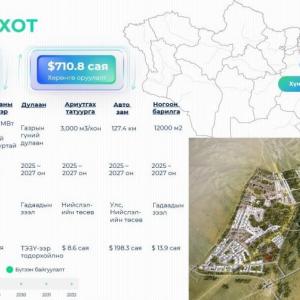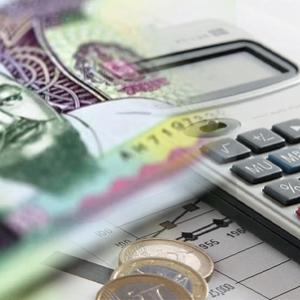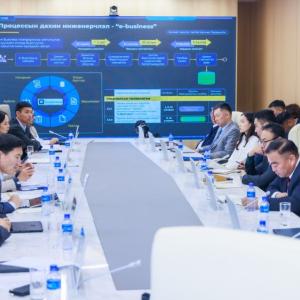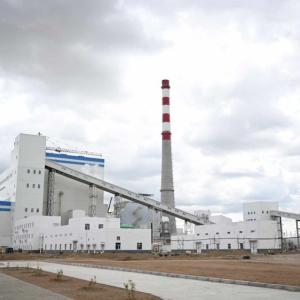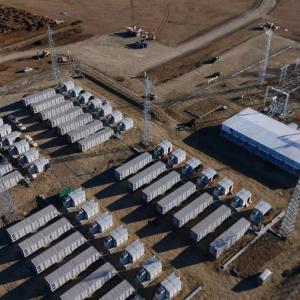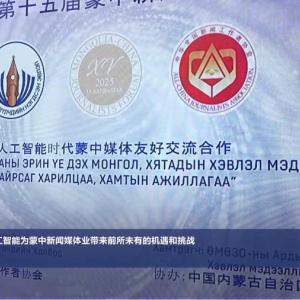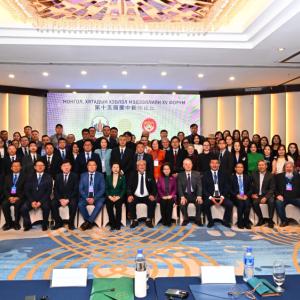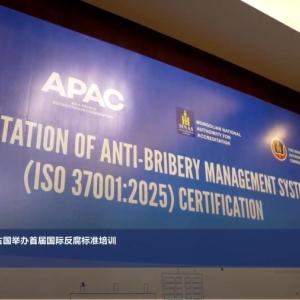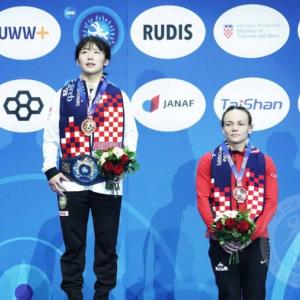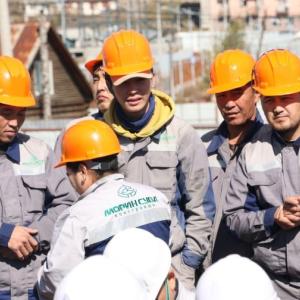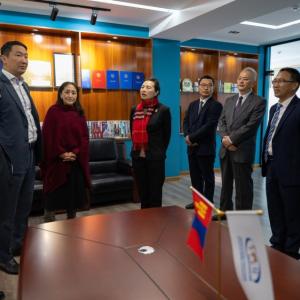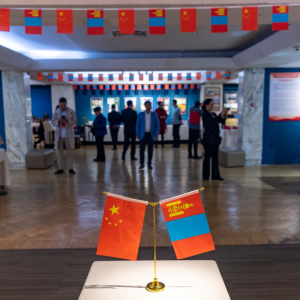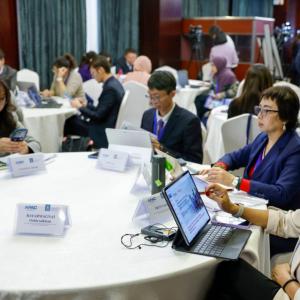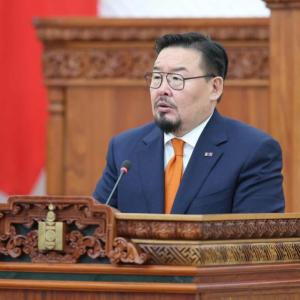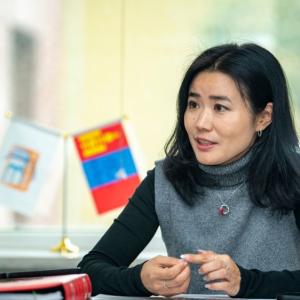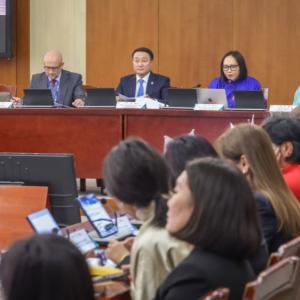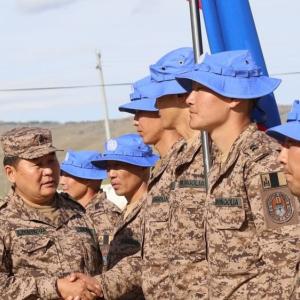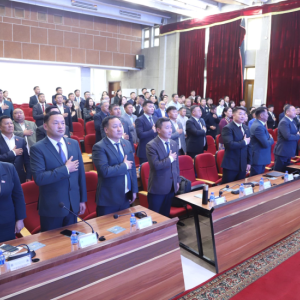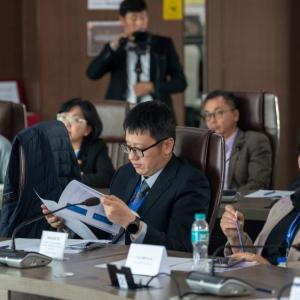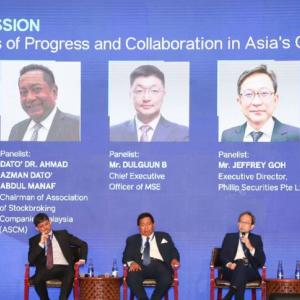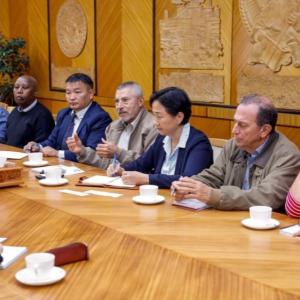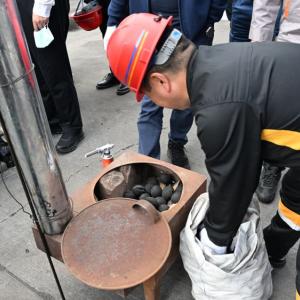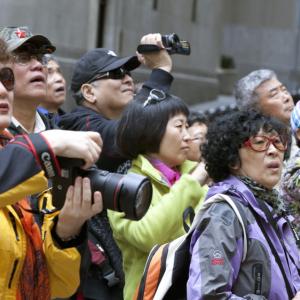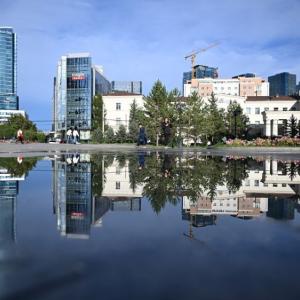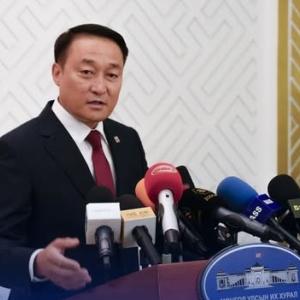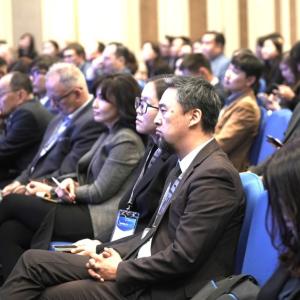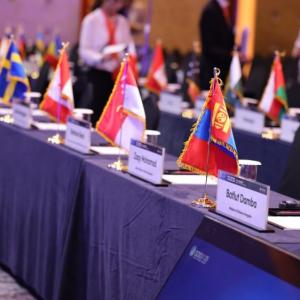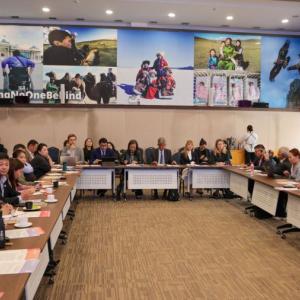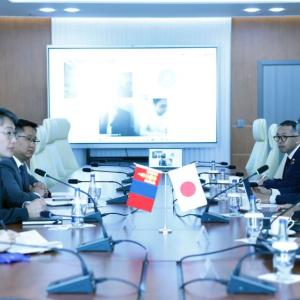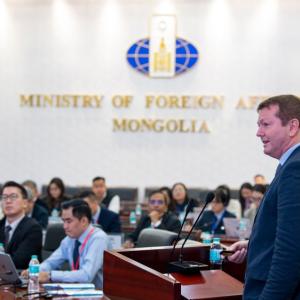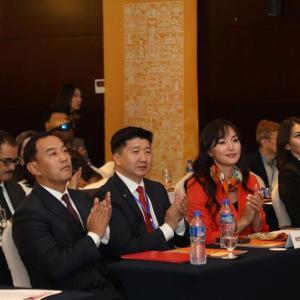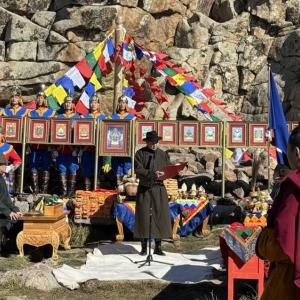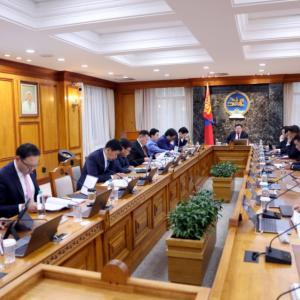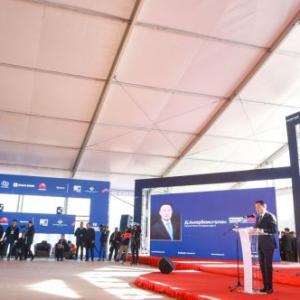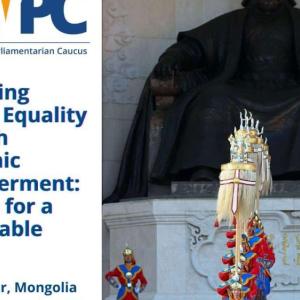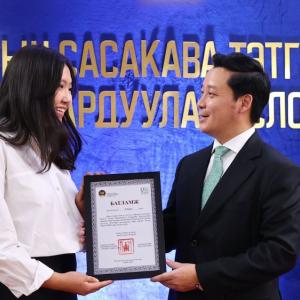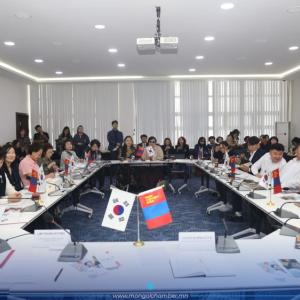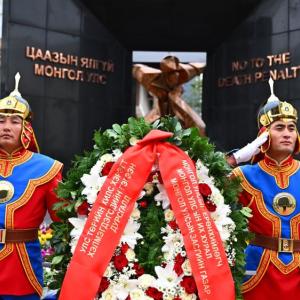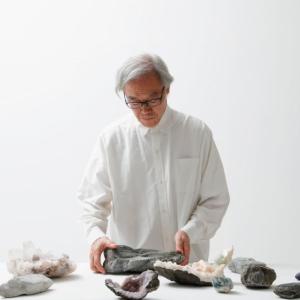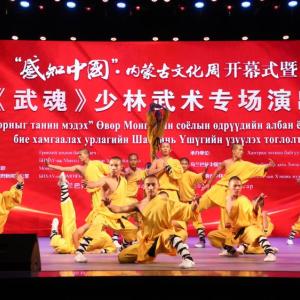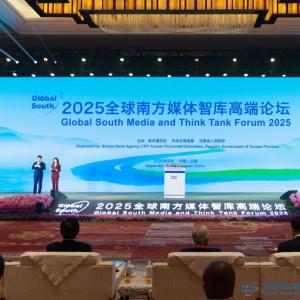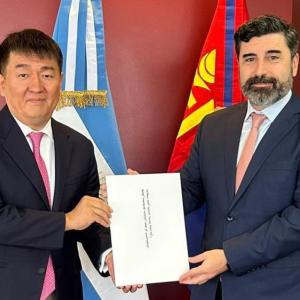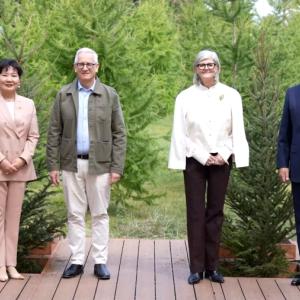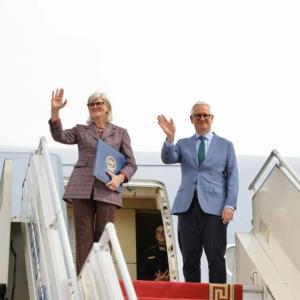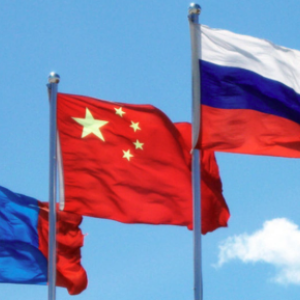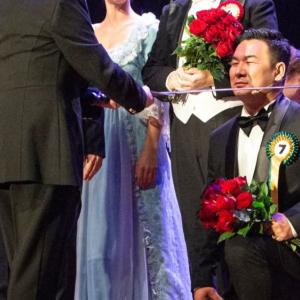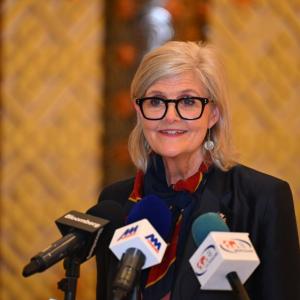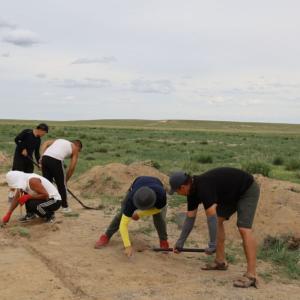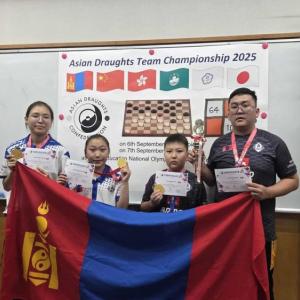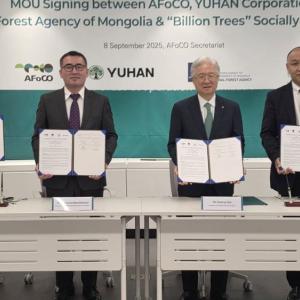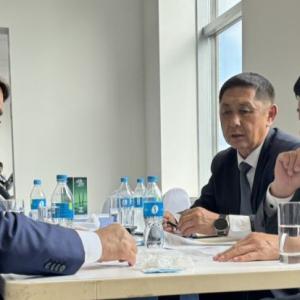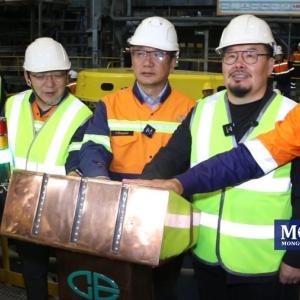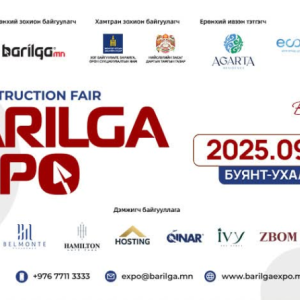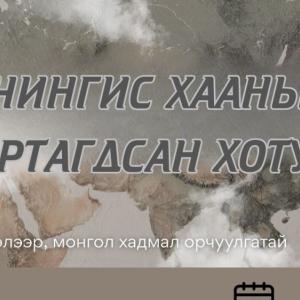Women Political Leaders Expand Cooperation
Politics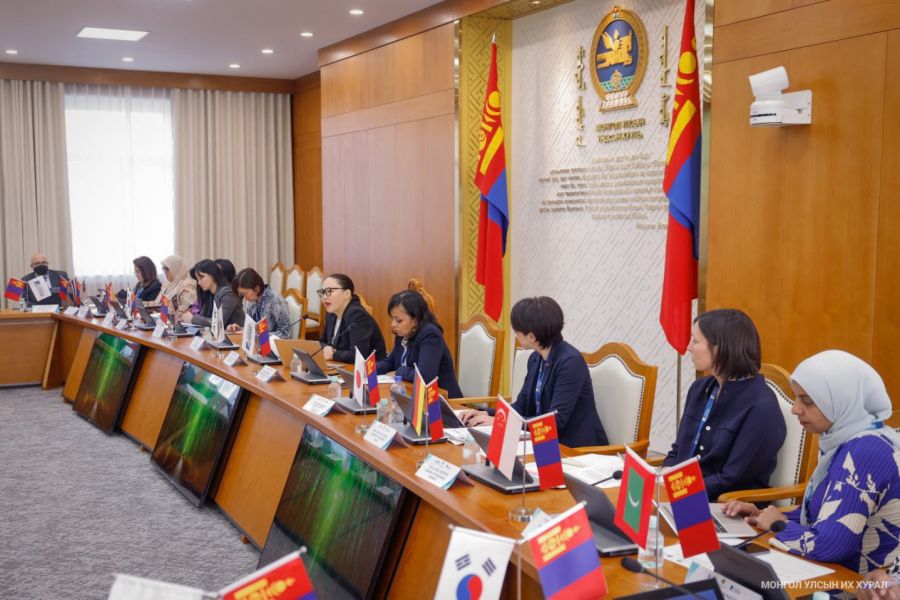
Ulaanbaatar, September 18, 2025 /MONTSAME/. The Asian Women Parliamentarian Caucus (AWPC) Meeting 2025 was commenced on September 15, 2025, under the theme of “Achieving Gender Equality through Economic Empowerment: Policies for a Sustainable Future.
On the second day of the AWPC Meeting on September 16, 2025, the conference continued with the “Women in the Workforce: Closing the Pay Gap” session, followed by a discussion on the discrepancy in the “Equal Work, Equal Pay” policy in certain countries. Specifically, low wages, sometimes even non-payments, in fields where women work most, are one of the reasons that lead to poverty. Depending on the geographical location, economic, and cultural conditions of Mongolia, men often work in fields that pay high wages, which can stifle financial freedom and prevent women from securing leadership positions. Member of Parliament Jargalan Batbayar noted that relatively well-paying jobs in Mongolia, such as those in the construction and mining sectors, are predominantly held by men, which contributes to the disparity, and that this issue requires careful attention.

During the meeting, Speaker of the Parliament Amarbaysgalan Dashzegve emphasized that enhancing women’s political participation, leadership, and economic empowerment is not only about gender equality but also leads to reducing poverty and improving competence, becoming the foundation of sustainability. Speaker Amarbayasgalan stated that our country is implementing a policy to enhance women’s economic participation and has launched the “Women Entrepreneur Finance Code” project in the region under the auspices of the Speaker of Parliament since spring 2025. This project will facilitate international financial support to entrepreneurs.
During the sub-session on the topic of “The Role of Parliaments in Advancing Gender Equality,” chaired by Member of Parliament Munkhsoyol Baatarjav, Dr. Kaushalya Ariyarathne, Member of Parliament of Sri Lanka, and Megha Sarma, Regional Program Manager for Asia at the Konrad Adenauer Foundation, gave presentations. The session discussed how a country’s legislative body’s attitude toward human rights and gender sensitivity can be determined by the amount of funds allocated to education, healthcare, and the needs and demands of the target group.
The conference continued with five sub-sessions under the themes “Digital Transformation for Gender Equality: Artificial Intelligence and Equal Access to Digital Finance,” “Recognising and Supporting Unpaid Care and Domestic Work: Best Practices and Lessons from Asia,” and “Women, Entrepreneurship, and Access to Finance.”

Co-organized
by the State Great Khural and Konrad Adenauer Foundation of the Federal
Republic of Germany and aimed at expanding cooperation and strengthening mutual
understanding and unity between regional women political leaders, the meeting
brought together women parliamentarians and representatives of human rights,
gender, economic, and women organizations from the Kingdom of Bhutan, Japan, the
Republic of India, Malaysia, the Republic of Maldives, the Federal Democratic
Republic of Nepal, the Republic of Philippines, the Republic of Singapore, the
Republic of Korea, the Democratic Socialist Republic of Sri Lanka, the Kingdom
of Thailand, and the Federal Republic of Germany.

 Ulaanbaatar
Ulaanbaatar
